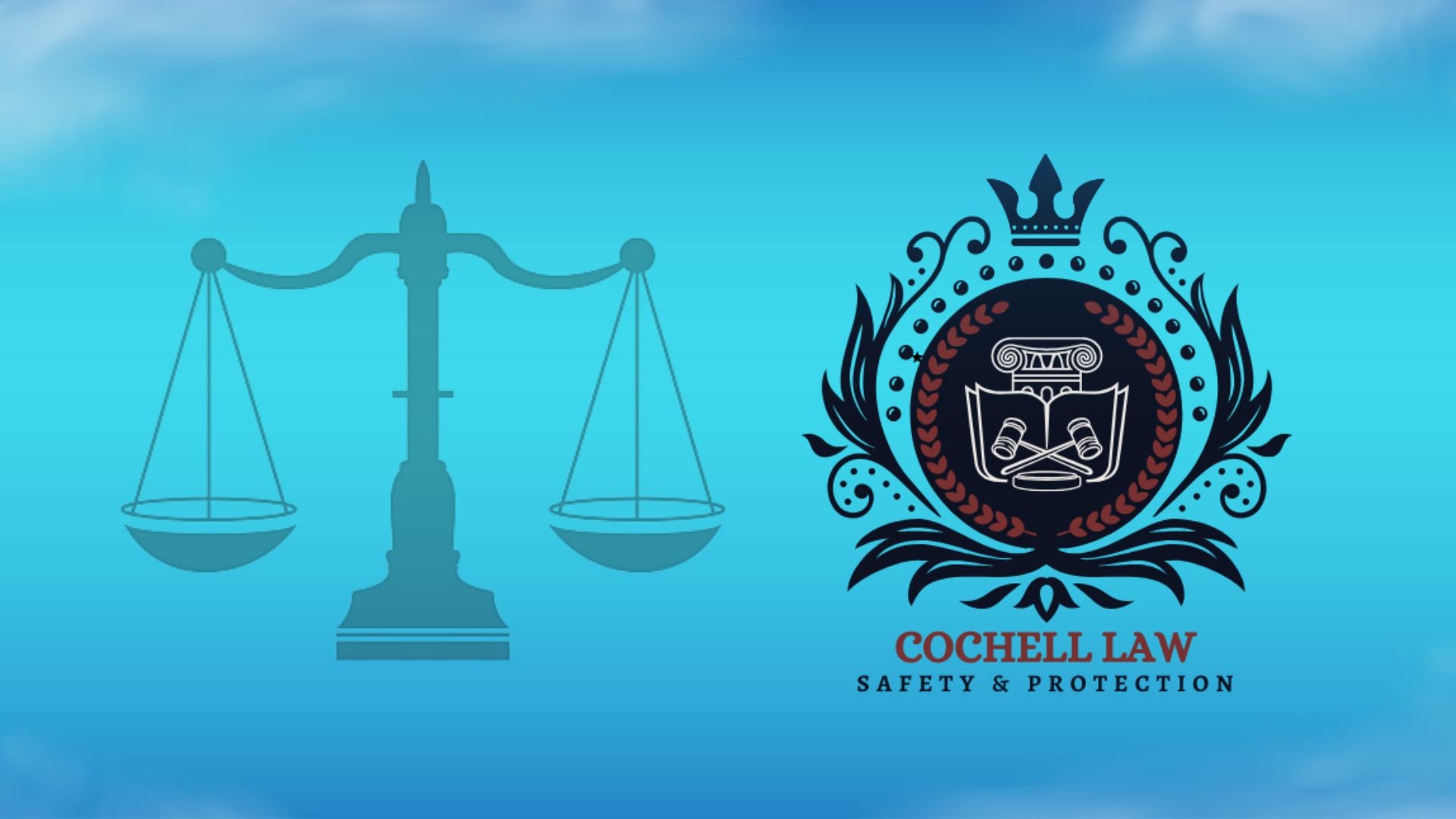Contracts are the foundation of commercial and personal transactions. The law of contracts is designed to maintain the integrity and reliability of business dealings between parties. Interference with contract, also known as “tortious interference,” is a cause of action that can be brought to protect parties to a contract from unjustifiable interference by third parties who want to interfere, disrupt or destroy the contract. All fifty states have adopted a cause of action to help prevent interference with contracts and provide remedies to compensate those whose contracts are impaired or destroyed or to restrain further interference with their contract relationships.
Generally, tortious interference with a contract occurs when a third party intentionally and improperly interferes with the performance of a contract between two other parties, causing one of the parties to breach the contract or making it impossible for the contract to be fulfilled.
Elements of Tortious Interference
To establish a claim for tortious interference, the plaintiff must prove the following elements:
- Existence of a Valid Contract: There must be a valid and enforceable contract between the plaintiff and a third party. The contract must meet all legal requirements of a binding agreement under the law.
- Willful and Intentional Act of Interference: The defendant must have committed an intentional act of interference. Mere negligence or accidental interference does not meet this criterion. The interference must be deliberate and aimed at inducing a breach or disrupting the contractual relationship.
- Proximate Cause: The plaintiff must demonstrate that the defendant’s intentional act was the proximate cause of the breach of the contract. There must be a direct link between the defendant’s actions and the failure of the contractual obligations.
- Actual Damages or Loss: The plaintiff must have suffered actual damages or loss as a result of the interference. These damages can include financial loss, loss of business opportunities, or other measurable harm resulting from the breach of the contract.
Defenses to Tortious Interference
There are several defenses available to a defendant accused of tortious interference with a contract:
- Justification or Privilege: A defendant may argue that their actions were justified or privileged. For instance, if the interference was done in the exercise of a legal right or duty, such as in the context of business competition, it might be considered justified.
- Lack of Intent: The defendant can claim that there was no intentional act of interference. If the interference was unintentional or incidental, this defense can negate the claim of tortious interference.
- Absence of Contract: If the defendant can prove that there was no valid contract between the plaintiff and the third party, the claim for tortious interference fails at the first hurdle.
Remedies
The remedies for tortious interference with a contract typically include compensatory damages to cover the actual losses suffered by the plaintiff. In some cases, punitive or exemplary damages may be awarded if the defendant’s conduct was particularly egregious or malicious. Additionally, injunctive relief can be sought to prevent further interference or to enforce the terms of the contract.
Conclusion
Interference with contract is a vital legal concept that upholds the sanctity of contractual relationships. By providing a cause of action for tortious interference, the courts can assure that parties can engage in business and personal transactions with confidence, knowing that unjustifiable disruptions will be subject to legal recourse.
If you are having a contract dispute, please give the Cochell Law Firm a call at (346) 800-3500. The Cochell Law Firm has over 35 years of experience in fighting for clients’ legal rights in contract disputes.
This article is a general informational statement of the law based on Texas law and does not constitute legal advice or create an attorney-client relationship. Readers should not consult an attorney to determine their rights and obligations under a contract in their state.




